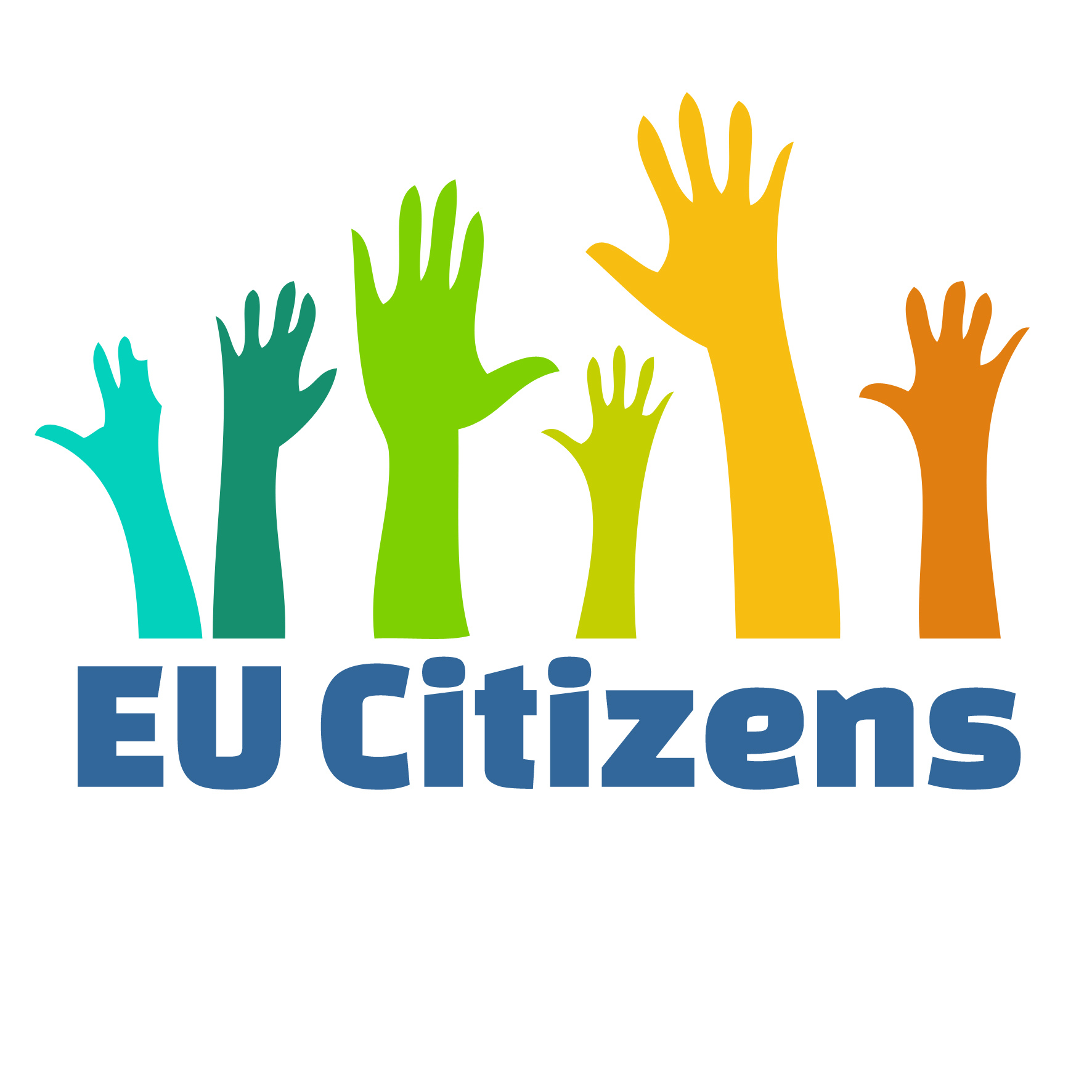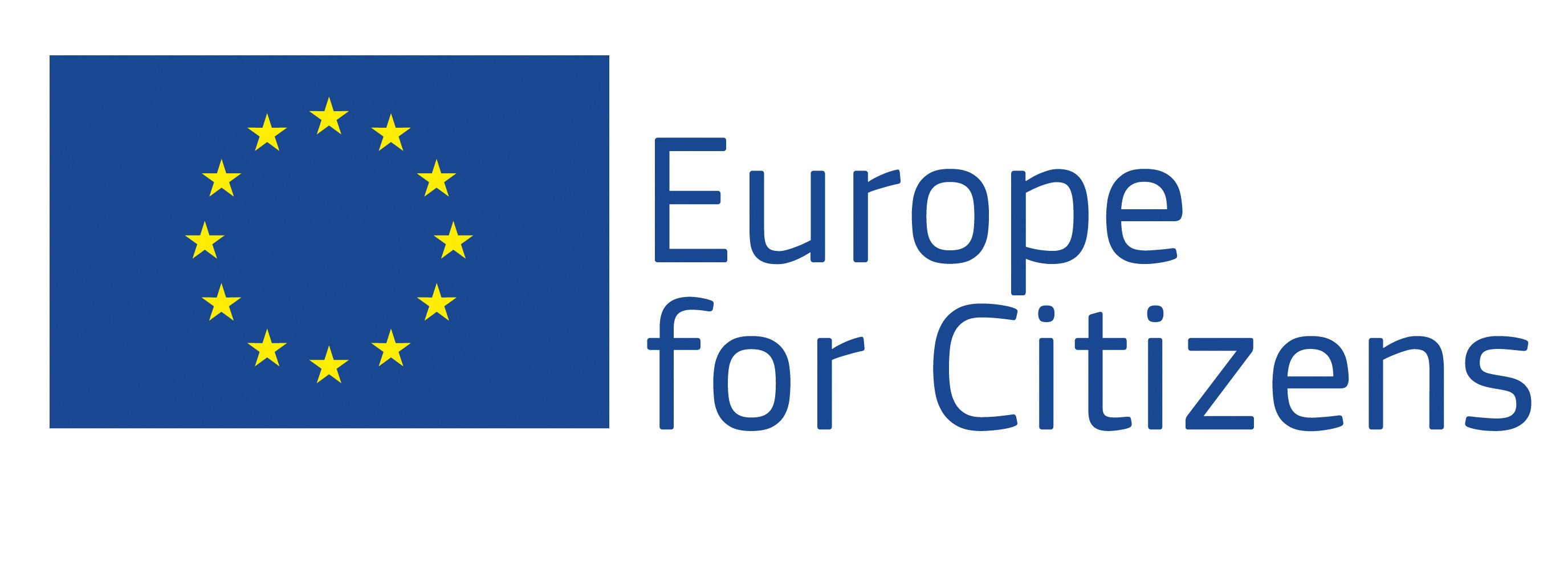European poll reveals widespread concern about EU Transparency
Vast majority of people want more transparency, ethics and lobbying regulation

Brussels, 31 January 2013 – A majority of people across Europe are concerned about ethics and lobbying in European Union policy-making, and want better regulation of lobbyists, as well as increased transparency of the EU, according to a new opinion poll. The poll conducted by TNS opinion, and completed by over 6,000 people in six European countries, reveals that three quarters (73%) of respondents are concerned that lobbyists representing the business sector have too much influence on EU decisions. 80% of those surveyed believe there should be mandatory regulation of lobbying to ensure a balanced participation of different interests in decision-making. The results come at the beginning of the European Year of Citizens, which aims to stimulate dialogue between governments and society, and thereby better engage citizens in debates and decisions that affect them. [2]
Natacha Cingotti from Friends of the Earth Europe said: “The results of this poll should be a wake-up call for European decision-makers. Citizens are clearly asking for compulsory regulation for lobbying. The Parliament should insist that this happens by making the Transparency Register mandatory. This poll also signals that the poor enforcement of the MEP code of conduct negatively affects citizens’ confidence. Strict implementation and monitoring of MEPs’ second jobs are urgently needed to avoid conflicts of interest.” [3] 4 out of 5 people polled (80%) said they feel less confident that an MEP represents the best interests of citizens if they also work for a lobby group or a private company. French respondents (76%) felt the most strongly that MEPs should not be allowed to work for a lobby group or a private company while they are serving as elected representatives. The survey reflects mounting concerns among the European public about lobbying in Brussels after recent scandals such as that surrounding the resignation of EU Health and Consumer Policy Commissioner John Dalli, which indicated that representatives of the tobacco industry had privileged access to key EU decision-makers. The report which resulted in the resignation has still not been made public. [4] The poll also reveals a huge demand for greater transparency. 85% of respondents think that full information about Member States’ negotiations should be open to the public. In the context of the response to the financial crisis, 84% of people find it important that full documentation about what the European Central Bank is doing is publicly available; this is currently not the case. “This survey confirms the findings of the EU Citizens project conducted over the past year, namely that members of the public are hungry for more information about what is happening in Brussels, and specifically that they want to know about decision-making and spending: 86% of respondents found it important that detailed financial reports and evaluations on how EU money is spent by member states is made publicly available,” said Helen Darbishire, executive director of Access Info Europe. This survey is part of the EU Citizens project, a joint project between the following organisations: Access Info Europe, Aitec, Environmental Law Service, Friends of the Earth Europe, Health Action International, Spinwatch. The opinion poll is supported by Arbeitskammer Europa (AK Europa) The full survey results, including country-by-country figures, are available at: www.foeeurope.org/eucitizenspoll and at: www.eu-citizens.org Results by country:  The project partners gratefully acknowledge financial assistance from the European Commission Education, Audiovisual and Culture Executive Agency (EACEA). The contents are the sole responsibility of the project partners and cannot be regarded as reflecting the position of the European Commission. The European Commission cannot be held responsible for any use which may be made of the information provided in the materials.
The project partners gratefully acknowledge financial assistance from the European Commission Education, Audiovisual and Culture Executive Agency (EACEA). The contents are the sole responsibility of the project partners and cannot be regarded as reflecting the position of the European Commission. The European Commission cannot be held responsible for any use which may be made of the information provided in the materials.
